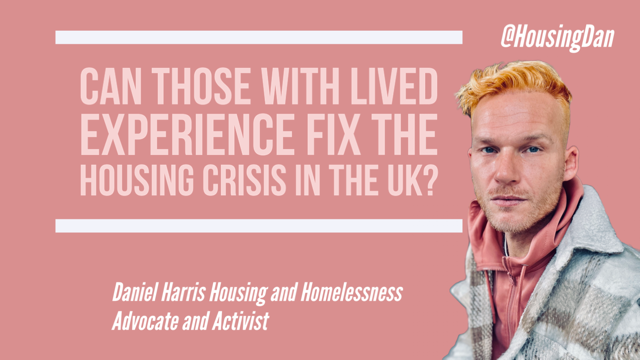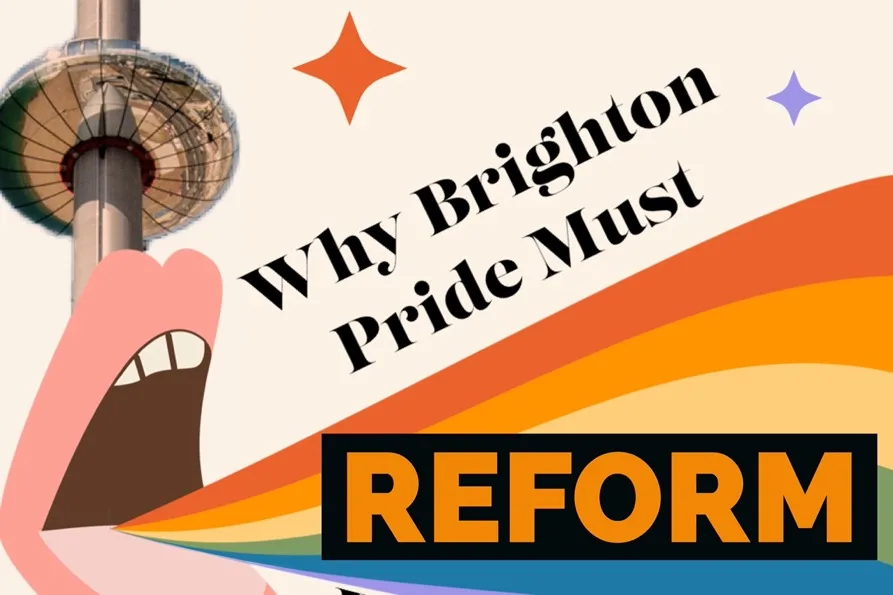Brighton Pride Future: Andy Winter Sparks A Debate
In a recent letter to the Argus, Andy Winter shed light on the internal divisions within the LGBTQ+ community and proposed a halt to the Brighton Pride event due to concerns about drug-related problems and other issues. While I have been a Brighton native for my entire life and a loyal attendee of Brighton Pride for 24 years, I respectfully disagree with the notion of cancellation. Instead, I advocate for a focused effort on reforming the event.
Undeniably, the past few years have brought challenges to Brighton Pride. The impact of Covid was swiftly followed by the controversy surrounding the decision to feature the Black Eyed Peas as the headline act on Saturday. This decision stirred controversy due to the band’s previous performance in Dubai, a country notorious for its human rights violations against LGBTQ+ individuals. While this year’s attendance dip of around 50% was attributed to factors such as inclement weather and train strikes, it begs the question of whether other reasons are contributing to the declining interest in Brighton Pride.
Brighton Pride Future: Pop Group Steps Praised
In contrast, Sunday’s headlining act, Steps, received widespread praise. Their principled rejection of a lucrative concert offer in Saudi Arabia due to human rights concerns showcases them as true LGBTQ+ icons – a stark contrast to the Black Eyed Peas’ stance.
Brighton boasts the largest population of transgender individuals in the UK, a testament to its commitment to being a city of sanctuary for the LGBTQ+ community. Our city’s success story has been intricately woven with our inclusive and welcoming attitude towards minority communities.
This year, I made the choice to boycott the Saturday event and attended the Sunday Park Event, now rebranded as Fabuloso – a name change whose rationale eludes me. Notably absent were local LGBTQ+ bars and clubs from the event’s involvement. The astonishing £7.50 cost for a can of cider redirected my thoughts to places like Shoosh and Tide, prompting questions about why Brighton Pride isn’t collaborating with local LGBTQ+ establishments to offer drinks in partnership.
Brighton Pride Future: HoW Funds Are Spent
A few years ago, Brighton Pride received a substantial sum of over £1 million from the government’s Covid cultural recovery fund during a period when Pride events were non-existent. Transparency is needed to account for how these funds were utilised.
It’s pertinent to note that Brighton Pride, in its current state, operates as a for-profit company under the guise of a community interest company. With a lone director in place (the other director position experiences frequent turnover), there’s a notable absence of comprehensive scrutiny or stewardship from the extended LGBTQ+ community. Decision-making often gravitates towards a single person.
Prioritising Reform For Brighton Pride
The potential for revitalising Brighton Pride and infusing it with benefits for the local and extended LGBTQ+ community is immense. While Andy Winter was right in highlighting the toxicity, the blame might be misplaced. We can draw inspiration from Manchester Pride’s example by introducing heightened scrutiny, accountability, and transparency. A charity model could oversee the Brighton Pride CIC, alongside a creative director/community involvement role that would ensure a fairer and more inclusive event. The current vibe often feels exclusive, lacking in lasting legacy, and inadvertently divisive.
Social Media
Articles From Daniel Harris

Some Cases Just Get Close To Your Own Homeless Story


Homeless Advocate Speaks on the Housing Crisis & Lived Experience

